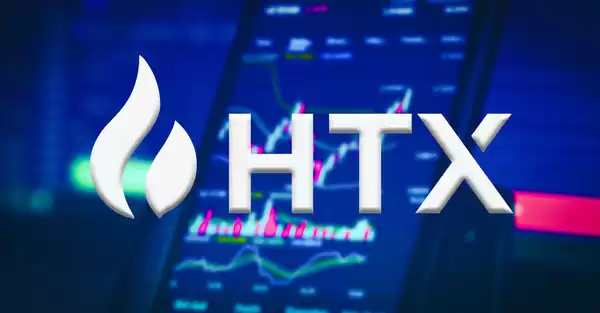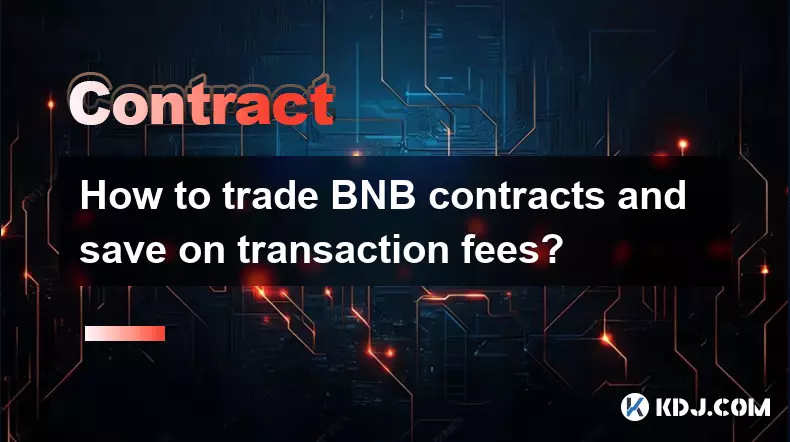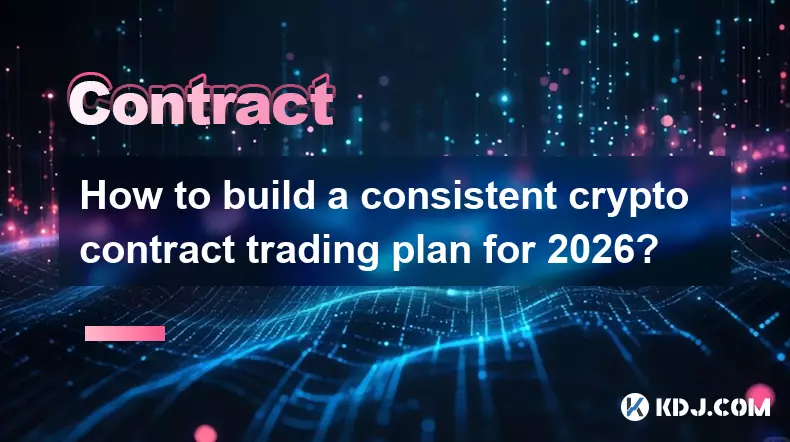-
 bitcoin
bitcoin $87959.907984 USD
1.34% -
 ethereum
ethereum $2920.497338 USD
3.04% -
 tether
tether $0.999775 USD
0.00% -
 xrp
xrp $2.237324 USD
8.12% -
 bnb
bnb $860.243768 USD
0.90% -
 solana
solana $138.089498 USD
5.43% -
 usd-coin
usd-coin $0.999807 USD
0.01% -
 tron
tron $0.272801 USD
-1.53% -
 dogecoin
dogecoin $0.150904 USD
2.96% -
 cardano
cardano $0.421635 USD
1.97% -
 hyperliquid
hyperliquid $32.152445 USD
2.23% -
 bitcoin-cash
bitcoin-cash $533.301069 USD
-1.94% -
 chainlink
chainlink $12.953417 USD
2.68% -
 unus-sed-leo
unus-sed-leo $9.535951 USD
0.73% -
 zcash
zcash $521.483386 USD
-2.87%
How to play Huobi contract trading
To begin trading contracts on Huobi, create an account, fund it with cryptocurrencies, and understand the specifications of each contract before choosing a trading strategy.
Nov 14, 2024 at 10:19 am

Huobi is a renowned cryptocurrency exchange offering a wide array of services, including contract trading. Contract trading, also known as futures trading, involves speculating on the future price of an asset using derivative contracts. Traders can take long or short positions, with the potential for significant gains or losses. This guide will provide a step-by-step walkthrough of how to trade contracts on Huobi.
Step 1: Open a Huobi AccountBegin by creating a Huobi account. The process involves providing personal information, verifying your identity, and setting up two-factor authentication (2FA) for enhanced security.
Step 2: Fund Your AccountOnce your account is created, you need to fund it with cryptocurrencies. Huobi supports various cryptocurrencies, including Bitcoin, Ethereum, and stablecoins. Funds can be deposited through various methods, such as bank transfers, credit/debit cards, and cryptocurrency wallets.
Step 3: Access Contract TradingTo access contract trading, navigate to the "Derivatives" section on the Huobi website or mobile app. Select "Contracts" to view available trading pairs.
Step 4: Understand Contract SpecificationsBefore trading, it's crucial to understand the specifications of each contract. This includes the underlying asset, contract size, leverage ratio, and expiration date. Traders should choose contracts that align with their trading strategy and risk tolerance.
Step 5: Choose a Trading StrategyThere are various trading strategies suitable for contract trading. Some popular strategies include scalping, day trading, range trading, and swing trading. Each strategy has its own advantages and drawbacks, and traders should choose the one that best suits their trading style and market conditions.
Step 6: Place Your OrderTo place an order, select a contract pair and determine the position you wish to take (long or short). Enter the desired amount, leverage ratio, and stop-loss or take-profit orders. Review the order details carefully before confirming.
Step 7: Monitor and Manage TradesOnce an order is placed, it's crucial to monitor its performance regularly. Traders can adjust their position or close the trade based on market conditions and trading signals. Proper risk management techniques should be employed to mitigate losses and maximize gains.
Step 8: WithdrawalAfter successful trading, traders may wish to withdraw their profits. Huobi offers various withdrawal methods, including bank transfers and cryptocurrency wallets. Withdrawals can be processed securely and efficiently.
Disclaimer:info@kdj.com
The information provided is not trading advice. kdj.com does not assume any responsibility for any investments made based on the information provided in this article. Cryptocurrencies are highly volatile and it is highly recommended that you invest with caution after thorough research!
If you believe that the content used on this website infringes your copyright, please contact us immediately (info@kdj.com) and we will delete it promptly.
- DeFi Users Eye a Brighter Horizon: Survey Reports Uncover Widespread Positive Sentiment Amidst Evolving Crypto Landscape
- 2026-02-03 22:05:01
- Crypto's Wild Ride: Token Failures, Meme Coins, and the 2025 Chaos Exposed
- 2026-02-03 21:55:01
- Epstein Files Unseal Echoes of Satoshi Nakamoto and Encrypted Secrets
- 2026-02-03 22:10:02
- OpenAI Unveils GPT-5.2 and Hardware Ambitions: A New Era of AI Innovation
- 2026-02-03 22:05:01
- European Investors Seek Secure Physical Gold Amidst Market Volatility, Exploring Tokenized Solutions
- 2026-02-03 21:55:01
- Palantir's Q4 Earnings: An AI-Fueled Ascent Amid Surging Demand
- 2026-02-03 22:00:01
Related knowledge

How to close a crypto contract position manually or automatically?
Feb 01,2026 at 11:19pm
Manual Position Closure Process1. Log into the trading platform where the contract is active and navigate to the 'Positions' or 'Open Orders' tab. 2. ...

How to understand the impact of Bitcoin ETFs on crypto contracts?
Feb 01,2026 at 04:19pm
Bitcoin ETFs and Market Liquidity1. Bitcoin ETFs introduce institutional capital directly into the spot market, increasing order book depth and reduci...

How to trade DeFi contracts during the current liquidity surge?
Feb 01,2026 at 07:00am
Understanding Liquidity Dynamics in DeFi Protocols1. Liquidity surges in DeFi are often triggered by coordinated capital inflows from yield farming in...

How to use social trading to copy crypto contract experts?
Feb 02,2026 at 07:40am
Understanding Social Trading Platforms1. Social trading platforms integrate real-time market data with user interaction features, enabling traders to ...

How to trade BNB contracts and save on transaction fees?
Feb 03,2026 at 12:39am
Understanding BNB Contract Trading Mechanics1. BNB contracts are derivative instruments traded on Binance Futures, allowing users to gain leveraged ex...

How to build a consistent crypto contract trading plan for 2026?
Feb 02,2026 at 10:59pm
Defining Contract Specifications1. Selecting the underlying asset requires evaluating liquidity depth, historical volatility, and exchange support acr...

How to close a crypto contract position manually or automatically?
Feb 01,2026 at 11:19pm
Manual Position Closure Process1. Log into the trading platform where the contract is active and navigate to the 'Positions' or 'Open Orders' tab. 2. ...

How to understand the impact of Bitcoin ETFs on crypto contracts?
Feb 01,2026 at 04:19pm
Bitcoin ETFs and Market Liquidity1. Bitcoin ETFs introduce institutional capital directly into the spot market, increasing order book depth and reduci...

How to trade DeFi contracts during the current liquidity surge?
Feb 01,2026 at 07:00am
Understanding Liquidity Dynamics in DeFi Protocols1. Liquidity surges in DeFi are often triggered by coordinated capital inflows from yield farming in...

How to use social trading to copy crypto contract experts?
Feb 02,2026 at 07:40am
Understanding Social Trading Platforms1. Social trading platforms integrate real-time market data with user interaction features, enabling traders to ...

How to trade BNB contracts and save on transaction fees?
Feb 03,2026 at 12:39am
Understanding BNB Contract Trading Mechanics1. BNB contracts are derivative instruments traded on Binance Futures, allowing users to gain leveraged ex...

How to build a consistent crypto contract trading plan for 2026?
Feb 02,2026 at 10:59pm
Defining Contract Specifications1. Selecting the underlying asset requires evaluating liquidity depth, historical volatility, and exchange support acr...
See all articles

























![Discontinuum by: ArchitechGD 100% (1 coin) (Mobile) Geometry Dash [2.2] Discontinuum by: ArchitechGD 100% (1 coin) (Mobile) Geometry Dash [2.2]](/uploads/2026/02/03/cryptocurrencies-news/videos/origin_69814d99e6b61_image_500_375.webp)
















































